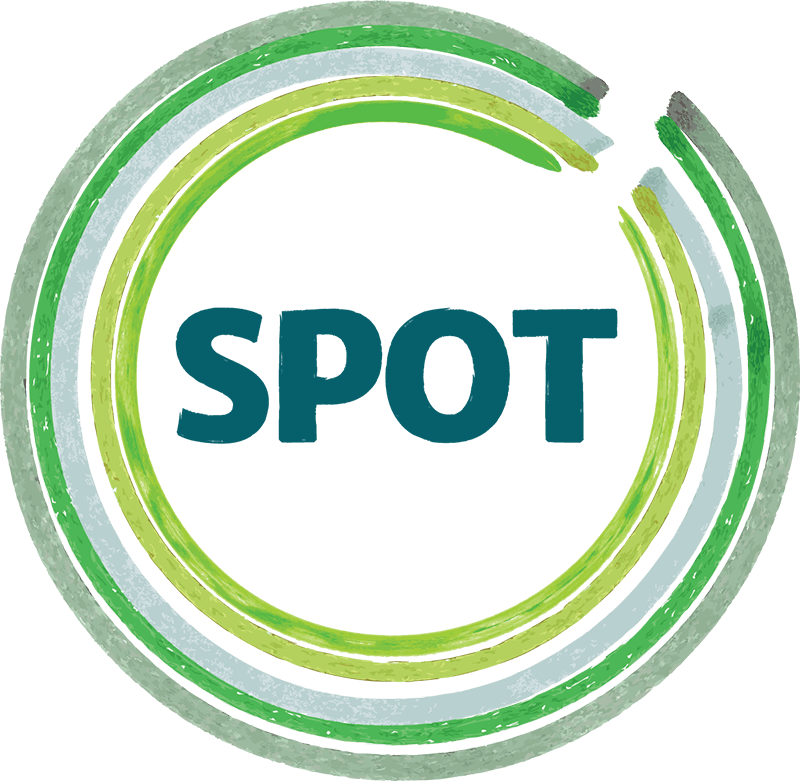The Early Years (6 years and under) are vital in your child’s development. If you have concerns about your child’s development it is important that they are raised early, as research shows that Early Intervention is the most effective in combating long term difficulties for children.
If you would like your child to be evaluated by our dedicated early intervention team please see the two options below.
Common Questions
What is the best way to explain the assessment to my child?
Depending on the child’s age, most children carrying out the Early Years Developmental Assessment are too young to understand. It is best that the child is told they are going to a fun place to meet people they will do activities with. Also ensure they know mummy or daddy can remain in the room to play too.
What should I bring on the day of the assessment?
Who gets the results?
Can my child join the feedback session?
We feel children doing the Early Years Developmental assessment are too young to join the feedback session.
